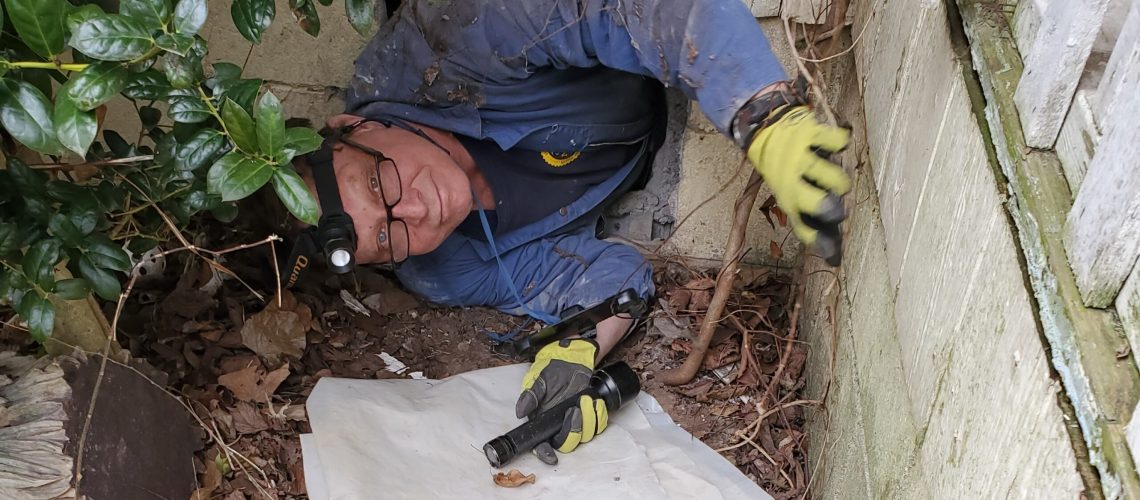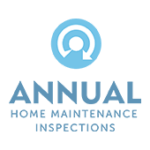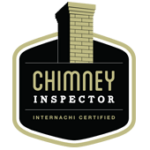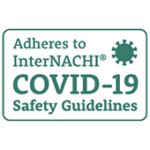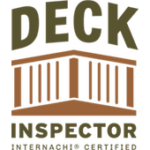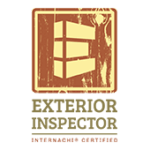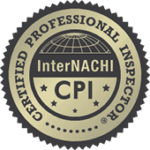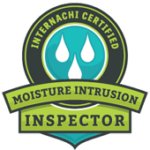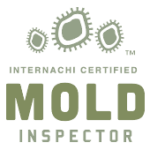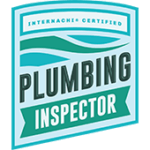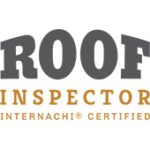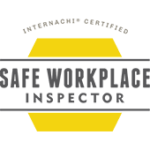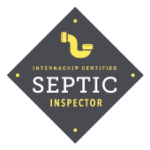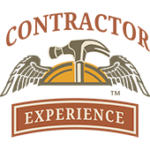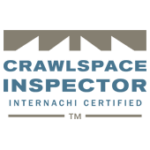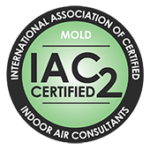One of the most important parts of buying a home is having a thorough home inspection on the property. Not only will it show you if the price is fair, but it can reveal issues that could lead to costly repairs. Most people use a home inspection as a way to determine if they even want to buy the house, it’s that important!
If you’re reluctant to hire a home inspector because it seems like another expense on top of the large financial investment you’re already making, you’re not alone. However, spending a few hundred dollars now is a small price to pay to save thousands down the line. Let’s discuss what a home inspection can uncover and if it’s worth getting one before you buy your next home.
Do I Really Need a Home Inspection?
Waiving a home inspection could be a costly mistake, but what is it, and why is it important? Hiring a home inspector is one of the best ways to protect yourself and your family, and here’s a few reasons why.
- Safety
A home inspector checks the property for harmful substances like mold, carbon monoxide, and radon. You can make your sale contingent on the results of the inspection, which protects you if it uncovers these dangers. If the sale is for a foreclosed or short-sale property, a home inspection is a must. These properties often develop mold and insect infestations that can hurt your health and are costly to fix. Additionally, it’s not uncommon to find the copper piping has been stripped by people looking to make some extra money.
2. Revealing Unlicensed Additions
Getting a home inspection is the best way to make sure the property is legally permitted. Often, people DIY garages or finish basements and don’t get the proper licensing. If the home has illegal extensions, it can impact the taxes, insurance, and even its overall value, since the square footage isn’t legally recognized.
3. Identify Future Repairs
Knowing how old systems like the HVAC, plumbing, and water heater are can help you determine when you may need to repair or replace them. The inspector will determine its condition and let you know about how much life is left in them. Knowing if you’ll have to spend a consider amount of money in the future can help you make informed financial decisions. It can also help you choose which insurance of warranty is best to lighten the financial load.
How to Choose the Right Home Inspector
Knowing why a home inspection is important is a great first step, but finding a home inspector you can trust can feel like a challenge. How do you know if they have the skills and experience to do the job right?
You’ll want to start by checking their qualifications and asking about their experience level. A quality home inspector will know all of the issues to look for and how to recognize potential problems. They’ll look over all aspects of the property and write a detailed report once the inspection is complete.
Be sure to stay at the property during the inspection so you can ask questions and see any issues they find. The inspector can go into more detail on potential problems so you can better understand the process. They’ll tell you how bad the issues are and if it’s a major or minor safety concern. You’ll also find out if anything needs replaced or repaired, and the inspector can even show you how to perform routine maintenance.
What Should Be Inspected?
Now that you know the basics of what a home inspection is and why it’s essential, you’re probably wondering what’s inspected during the process. Here’s a very limited and general overview (the full list is very long) of what most inspectors will check:
Roofing – The inspector will check to see if there’s any visible damage on the roof, like damaged or missing shingles. They’ll also look in the attic for any water stains, which could indicate a leaky roof.
Gutters and downspouts – The inspector will assess the gutters, making sure they’re installed properly and in good condition. They’ll also ensure that the downspouts are draining water away from the foundation.
Exterior – The inspector will assess the home’s exterior for any signs of damage, such as cracks in the foundation or stucco. They’ll also check to see that there’s proper sealing on the windows and doors and no rot or termite damage.
Interior – The inspector will check the home’s interior for signs of water damage, like stains on the ceilings or walls. They’ll also look for any evidence of mold or mildew. Additionally, they’ll test all of the plumbing fixtures to ensure that they’re in working order.
Electrical – The inspector examines the electrical panel and make sure that it’s properly labeled and that all of the wires are properly insulated. They’ll also test all of the outlets to make sure that they’re working properly.
Heating and cooling – The inspector also checks the furnace to ensure that it’s in good working order. They’ll also inspect the air conditioning unit to make sure that it’s properly charged.
Ventilation and installation– The inspector will look in the attic and crawl space for any signs of insulation or ventilation problems.
Your home inspection report should include all of the above information, and any other problems that the inspector may find. It’s important to remember that a home inspection is not a guarantee that your house is free of all defects Some things cannot be seen if they are below the ground or in a wall. However, it will give you a good idea of the condition of the home and will help you decide if you want to proceed with the sale.
It’s your job to learn as much as you can about your potential new home. A home inspection will give you the insight into its unseen parts so you can know if it’s the right property for you.
At Above All Else Inspections, our job is to look out for the home buyer’s best interests. There’s a lot of steps that need to be made in the real estate process. If you find the right inspector first, they can assist you along the way.
If you have any questions about home inspections or are interested in our inspection services, please reach out and contact us on our contact page, or you can call us at (479) 381-1878.

